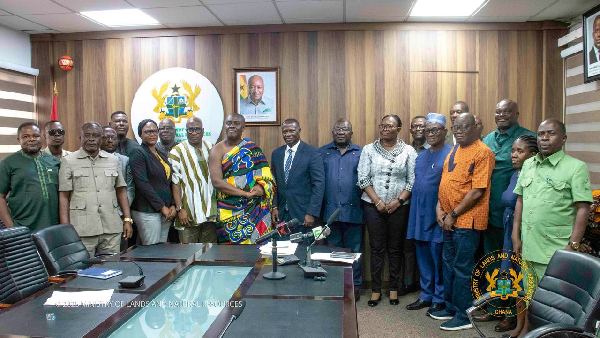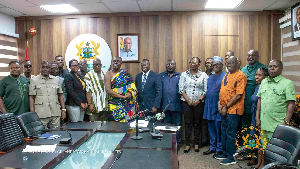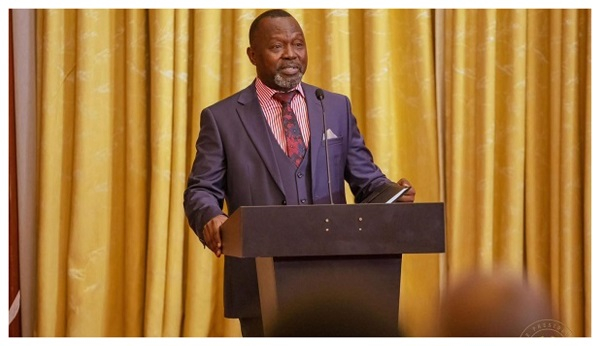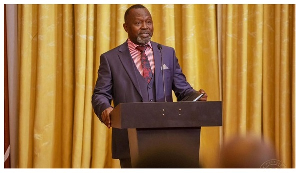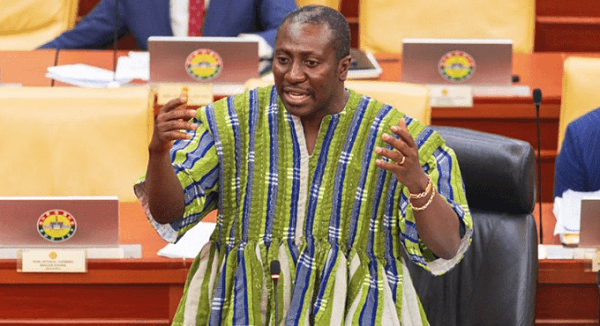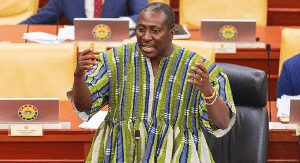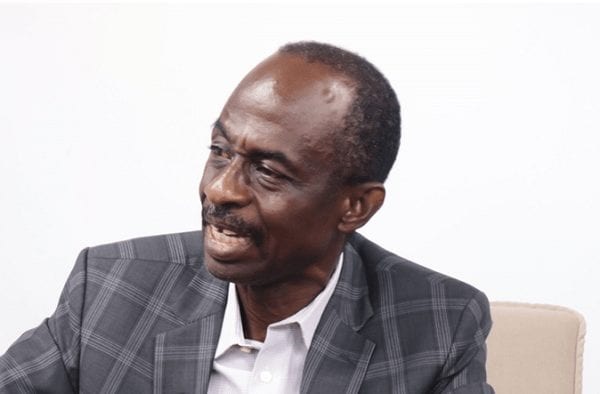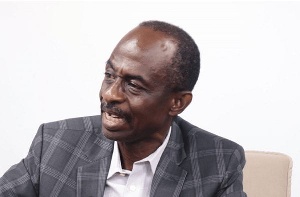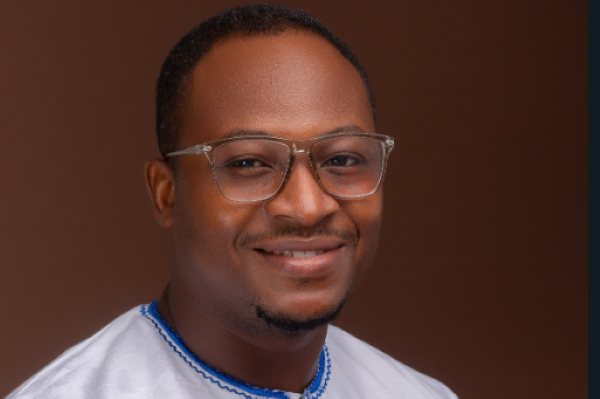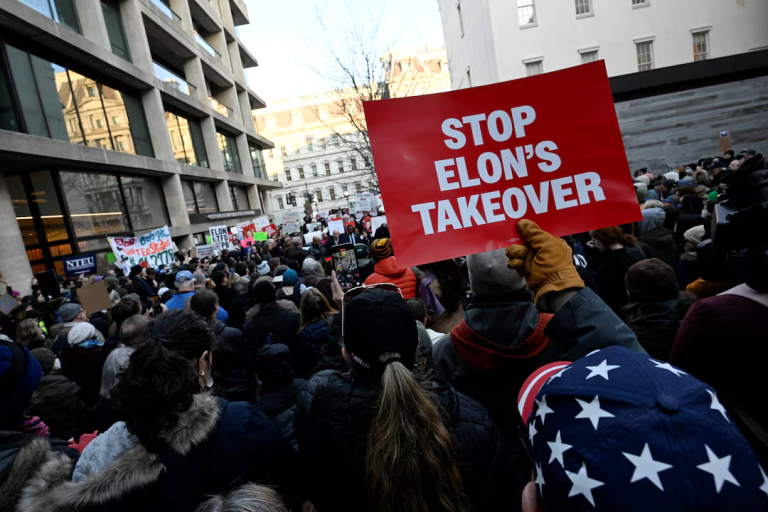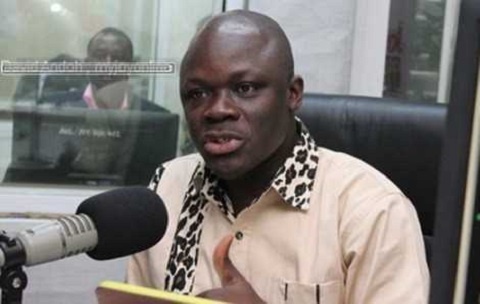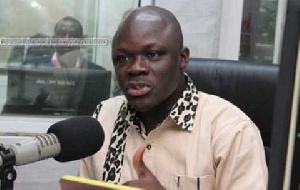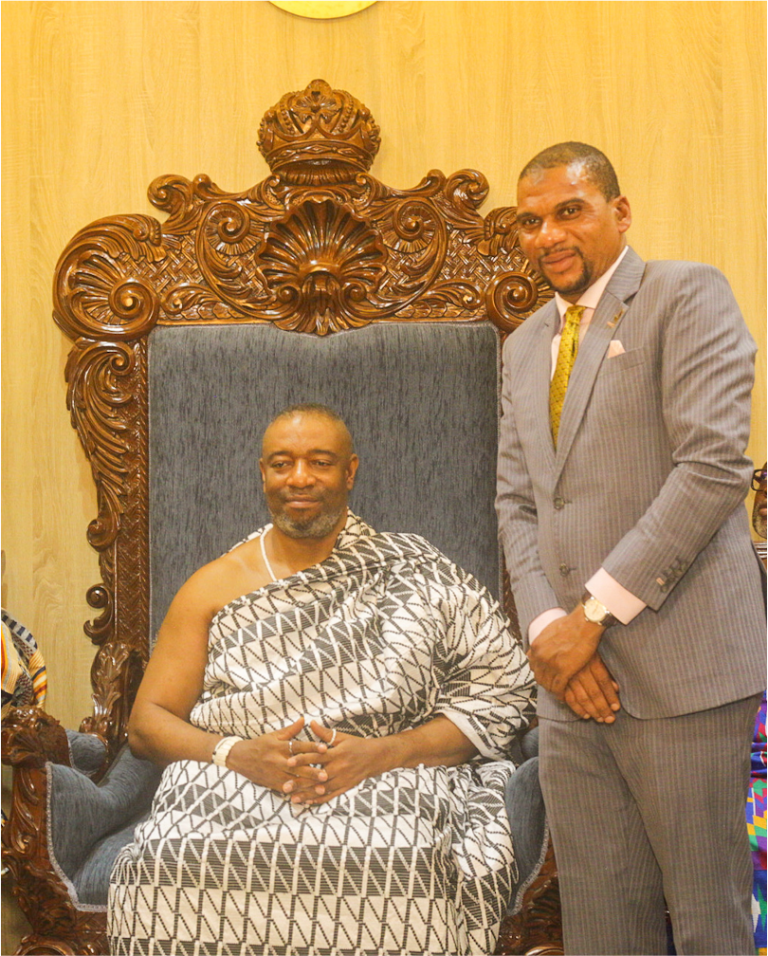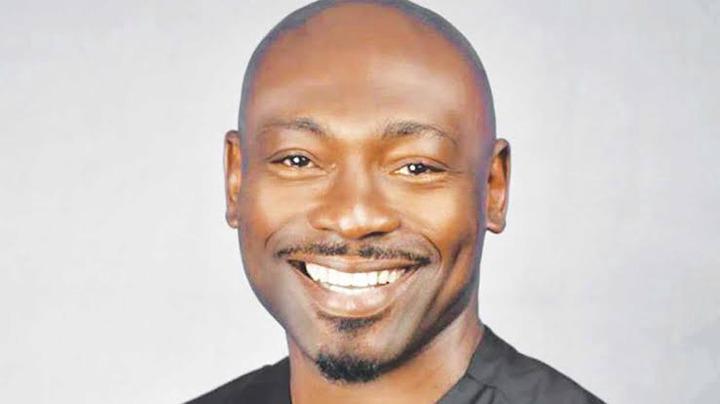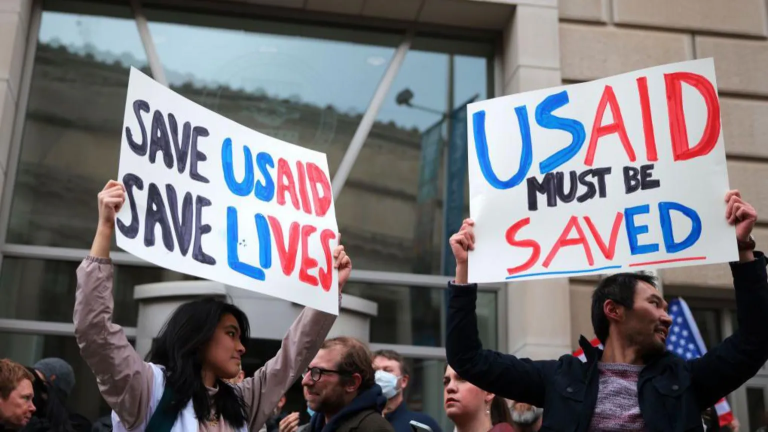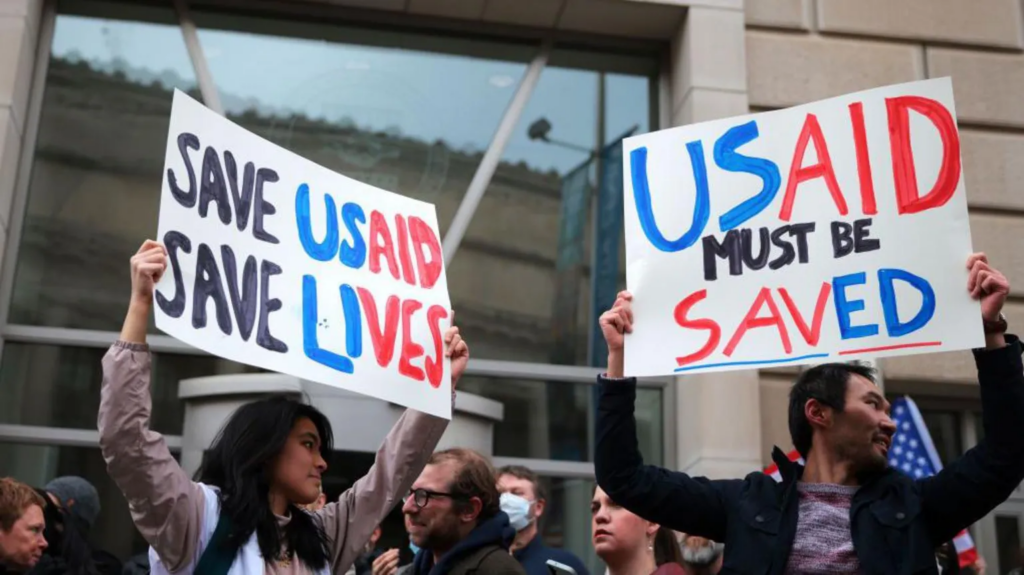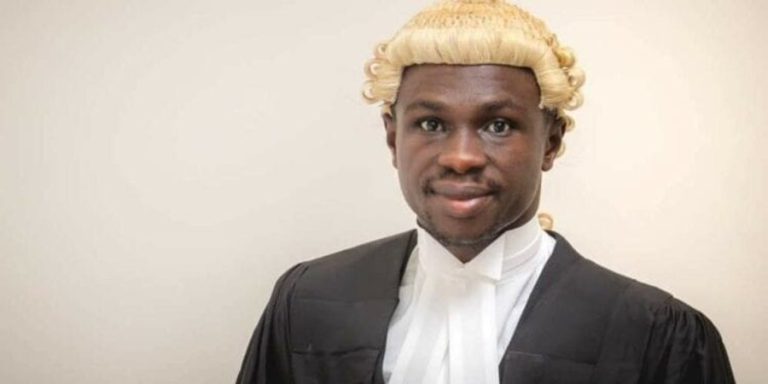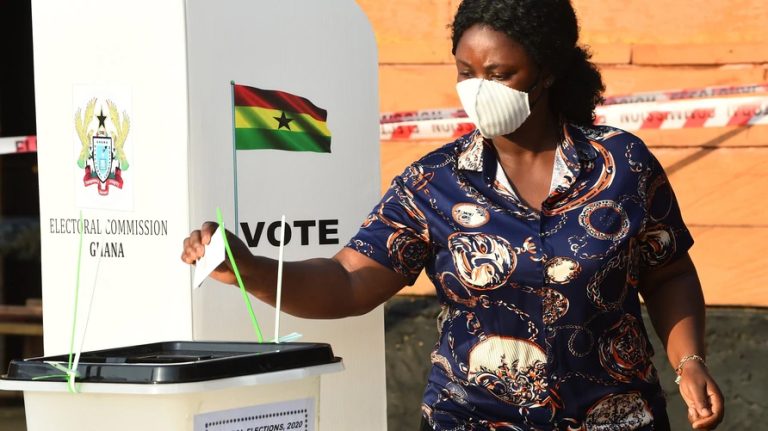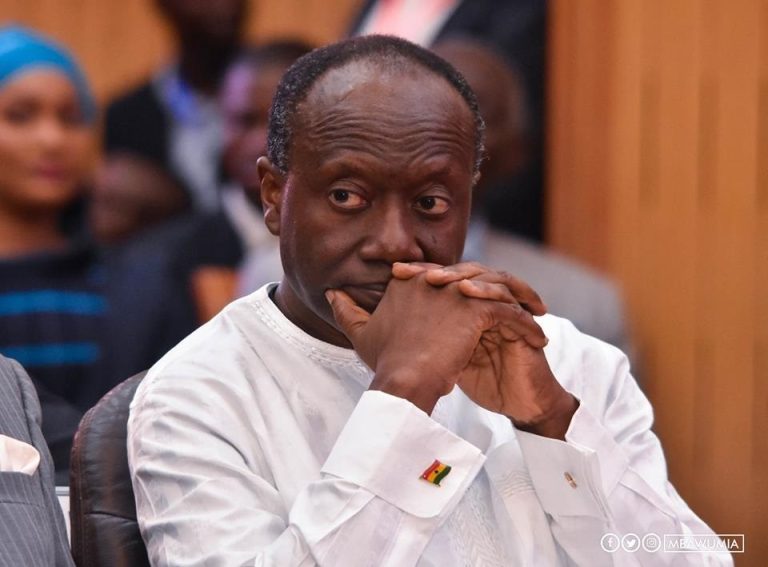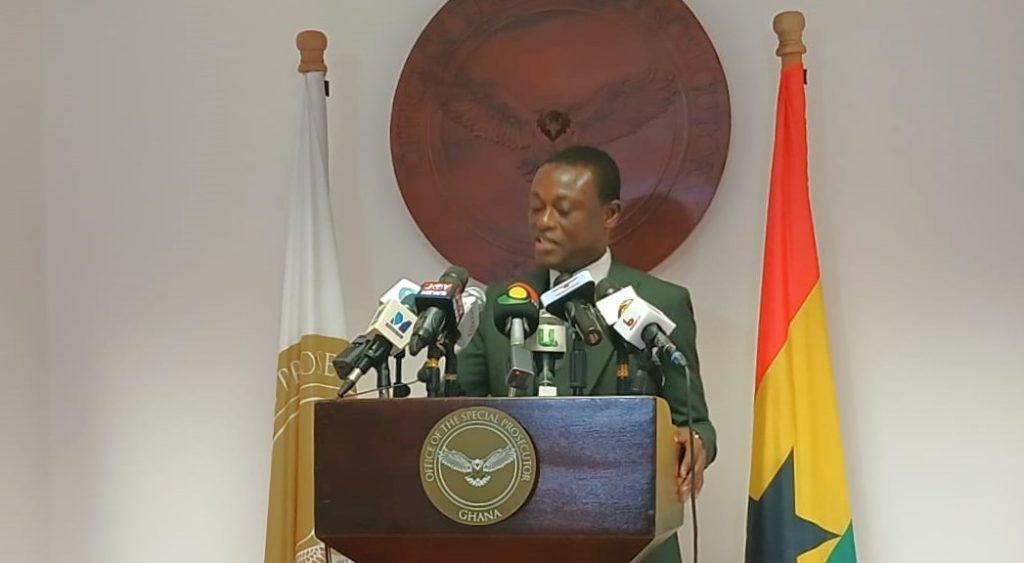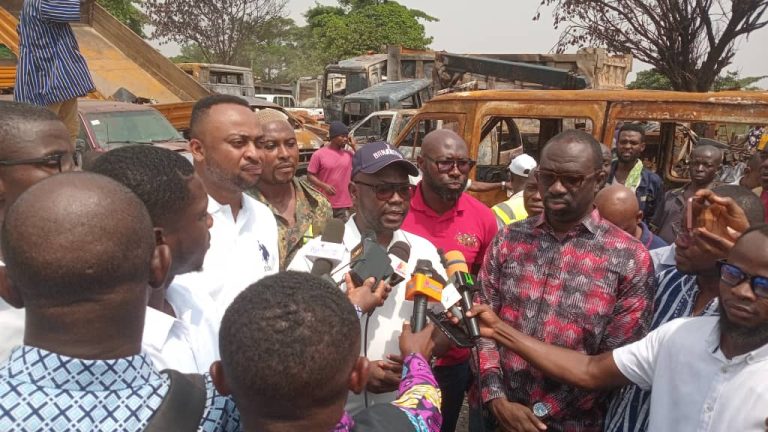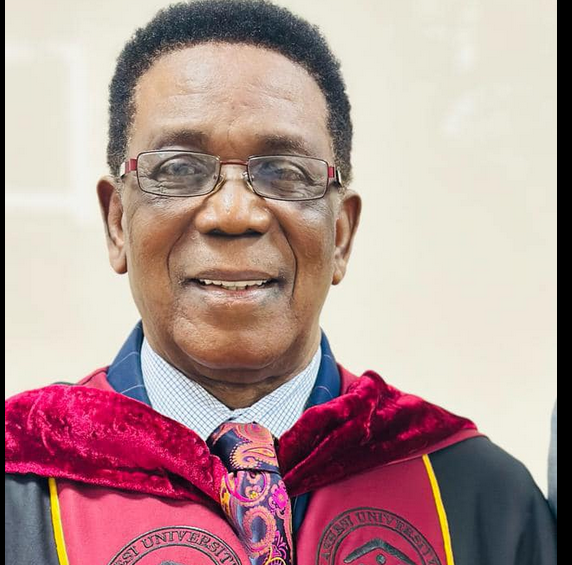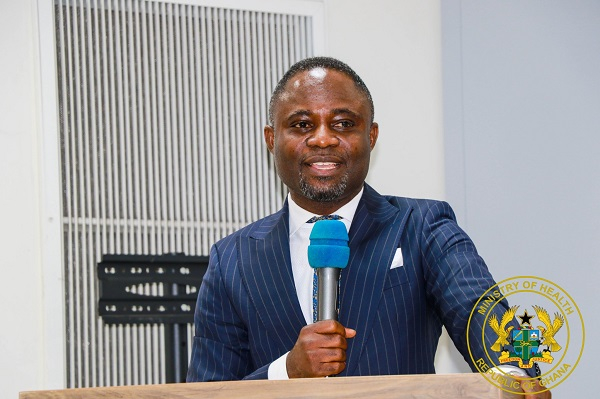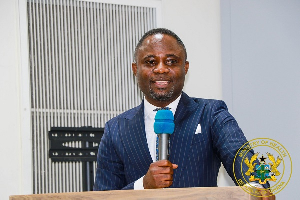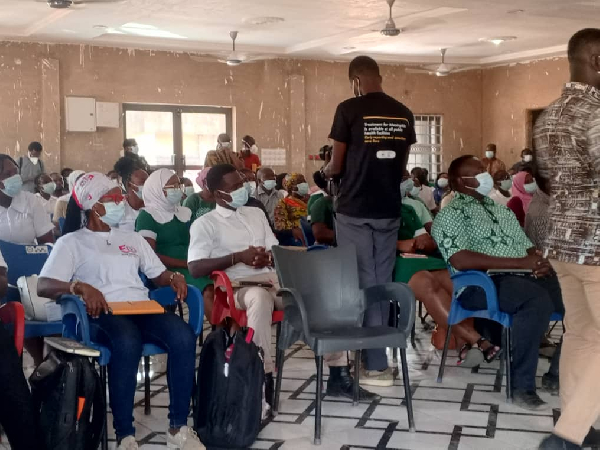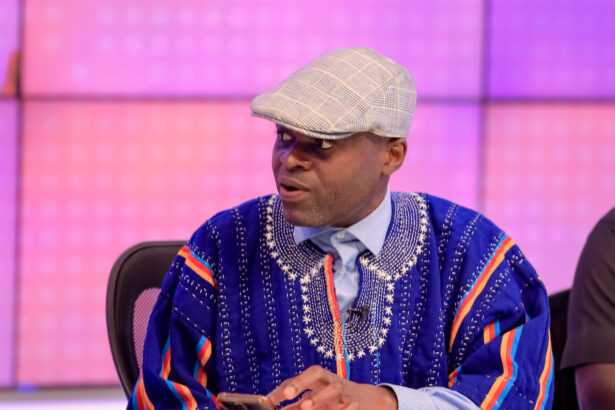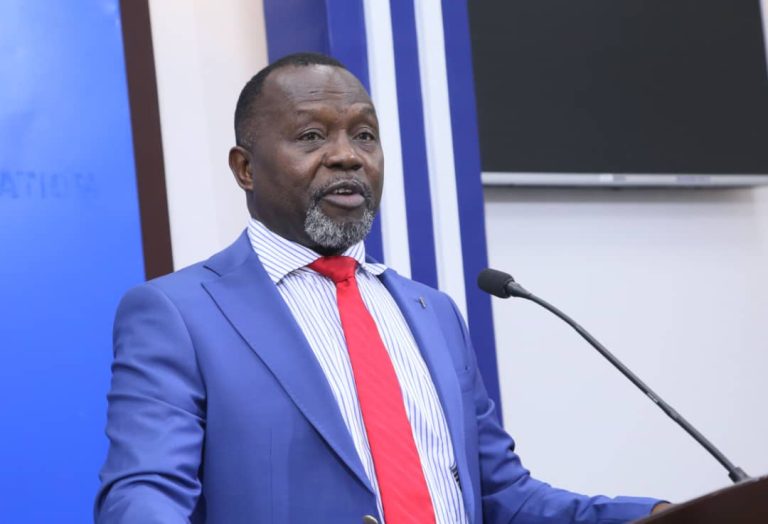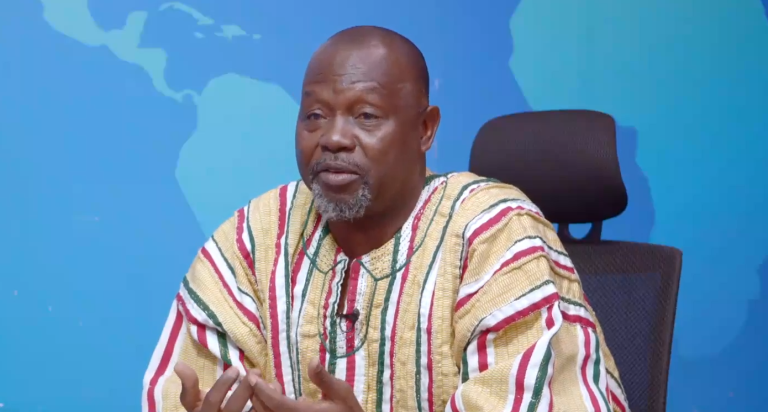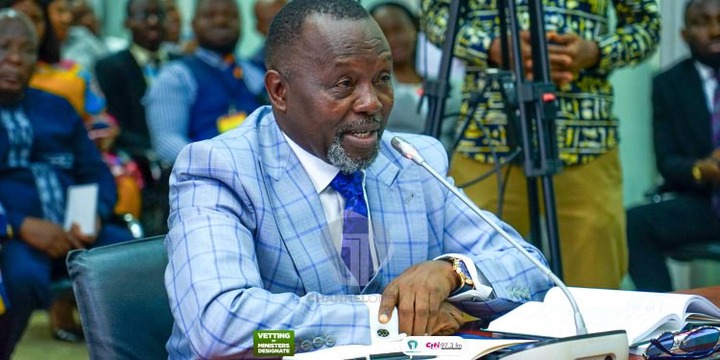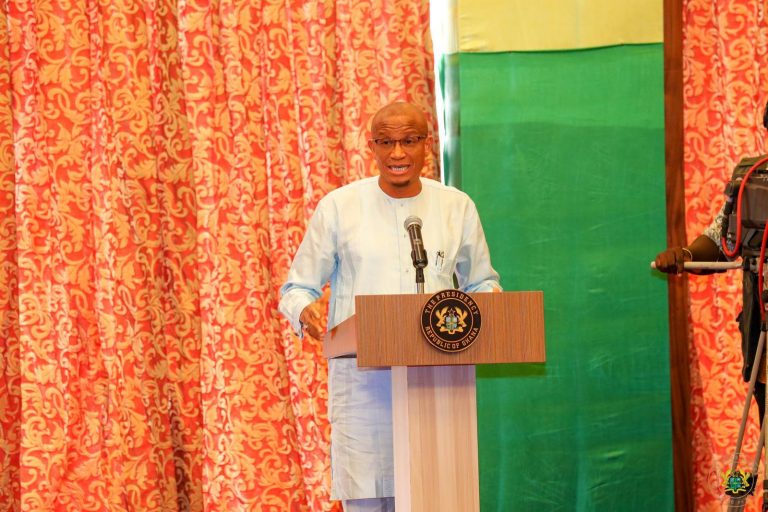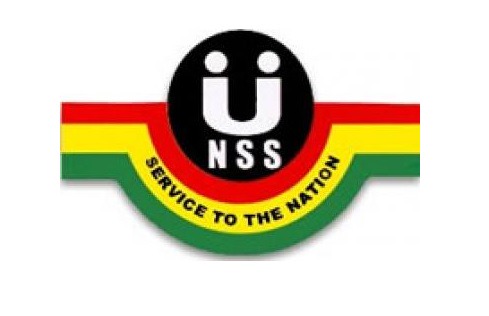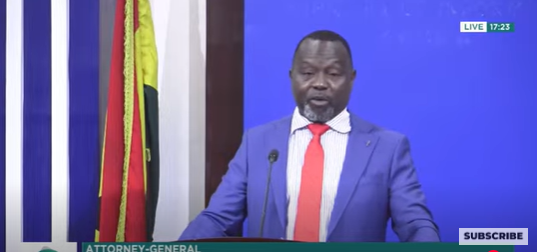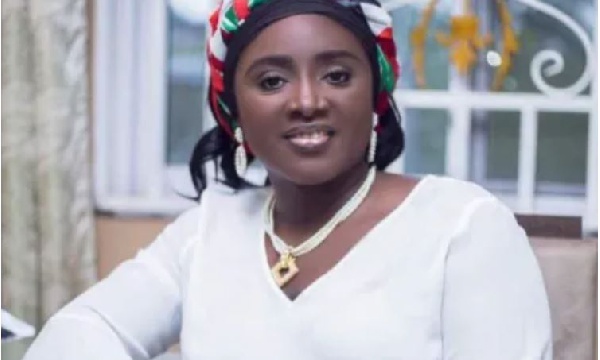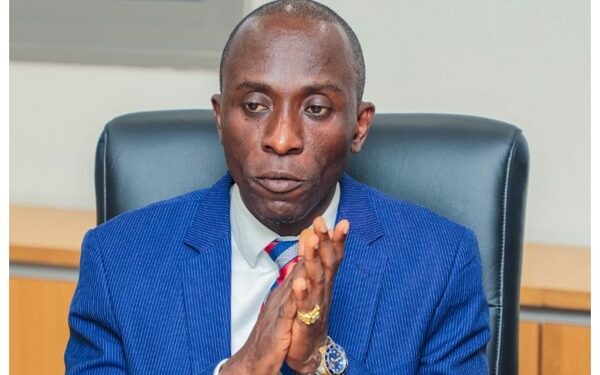“A nation Is not great by its wealth but by the character of its people”. Thomas Jefferson.
The sharp rise in the cost of doing politics in fourth republic of Ghana can be traced back to the administration of President John Agyekum Kufuor (2001–2009), whose governance significantly altered the country’s political culture.
Before President Kufuor, Ghana’s politics especially under President Jerry John Rawlings (1981–2001) was largely driven by grassroots mobilization, party loyalty, and ideological commitment.
Political campaigns were not excessively commercialized, and elections were not determined by financial strength alone. However, President Kufuor’s era introduced a new norm where wealth and luxury became synonymous with political power, setting a precedent that has since spiralled out of control.
Before President Kufuor, Ghana’s political landscape was not as finically driven as it is today. Campaigns were largely based on party structures, community engagement, merits, and ideological loyalty rather than sheer financial power. However, President Kufuor’s presidency set a new standard where politics became increasingly monetize.
His administration introduced a culture of luxury within government, expanding parliament, increasing ministerial appointments, buying expensive high-end cars and equipping ministers with lavish SUVs. This shift was not just about government expenditures, it also changed electoral campaigns.
Political contest become dominated by extravagant spending on billboards, television commercials, radio advertisement, and elaborate rallies featuring paid crowds and entertainment. Candidates were no longer judged solely on competence but on their ability to fund expensive campaigns.
Under President Kufuor, government expenditure on luxury vehicles, lavish events, and personal rewards for political allies became common. This was a sharp contrast to the more frugal approach of Rawlings, whose team of moderates focused on nation-building rather than personal comfort.
In one controversial instance, President Kufuor’s government spent over $65,000 on a personal medal for the President, an action critics saw as emblematic of the wasteful spending culture that would soon define Ghanaian politics.
The increasing cost of Ghanaian politics under President Kufuor aligns with Political Clientelism Theory, which explains how politicians use material incentives to secure political loyalty.
Political scientist Herbert Kitschelt argues that in patron-client democracies, electoral success depends less on ideology and more on transactional exchanges between politicians and voters. President Kufuor’s administration institutionalized this system, where resources were funnelled into elections not based on party vision but on the ability to mobilize financial incentives.
Additionally, the rise of financial influence in Ghanaian politics fits within the Elite Theory of Democracy, as proposed by Joseph Schumpeter, which argues that political competition in capitalist democracies often becomes a contest among elites who possess financial power rather than a genuine democratic process driven by public interest.
President Kufuor’s Property-Owning Democracy played directly into this, shifting Ghanaian politics from ideological persuasion to the dominance of wealthy businessmen who could finance their way into political power.
Beyond the ostentatious display of power, President Kufuor’s governance also saw the strategic targeting of businessmen as political candidates.
This significantly altered the political recruitment process, with wealthy individuals securing parliamentary seats and ministerial appointments primarily because of their financial capacity.
In the Northern Regions, Volta Region, and parts of Accra, financial inducements were widely used to sway traditional NDC voters.
The NPP deployed large sums of money to sway voters an approach that mirrored the New Patriotic Party’s (NPP) deep connection with business elites.
Unlike the earlier era of grassroots mobilization, where party loyalty was built through ideological persuasion, the new norm became financial influence.
The “highest bidder” approach to elections forced even the National Democratic Congress (NDC) to adapt, as politicians realized that merit alone could not secure votes.
This practice was reinforced by Rational Choice Theory, where voters, instead of acting on ideological beliefs, made decisions based on short-term economic benefits, such as cash handouts or gifts.
As the Akan proverb states, “Sika ye mogya”— “Money is blood,” emphasizing how essential financial power became in determining political success.
This transformation had a lasting impact. When the NDC returned to power under President John Atta Mills (2009–2012) and President John Mahama (2012–2017), efforts were made to manage public spending and restore a sense of moderation in governance.
However, the entrenched culture of financial influence proved difficult to reverse. By the time Nana Akufo-Addo (2017–2025) assumed office, the monetization of politics had escalated to unprecedented levels.
Internal party primaries became auctions, where the highest bidder often secured nominations. Campaigns were no longer about policies or vision but about who could distribute the most cash.
Ghana’s political elite increasingly lament that there is no going back, meritocracy has been replaced by financial muscle, and elections have become cash-driven battles rather than contests of ideas.
George Orwell’s warning in Animal Farm resonates deeply: “All animals are equal, but some animals are more equal than others.” This monetization of politics took sharper turn under President Nana Akufo-Addo who projected himself as the protector of the public purse.
Instead, President Akufo-Addo and many NPP MP aspirants displayed high level money politics during their party primaries and during national elections. Therefore, under his leadership vote-buying became more widespread, with candidates distributing expensive gifts such as motorbikes, household appliances, and even vehicles to win voter support.
Political theorists such as Robert Michels would describe this transformation as part of the Iron Law of Oligarchy, which states that in any democratic system, power tends to concentrate in the hands of a few wealthy elites, reinforcing an unequal playing field.
Under Akufo-Addo, campaign financing reached extreme levels, with parliamentary primaries requiring candidates to raise vast sums to outcompete opponents.
The NPP’s internal elections became contests of financial might rather than competence, effectively sidelining those without economic resources.
This shift in political culture is not only affecting national elections but is now deeply embedded in Ghana’s student politics, which serves as a grooming ground for the country’s future leaders.
In universities across the country, student elections have become expensive ventures, with candidates required to spend significant amounts on posters, transportation, and direct cash inducements to voters.
The cost of running for a simple student leadership position has skyrocketed, setting a dangerous precede not for the country’s political future.
Winston Churchill once remarked, “To each, there comes in their lifetime a special moment when they are figuratively tapped on the shoulder and offered the chance to do a very special thing.”
In Ghana, that tap on the shoulder is increasingly reserved for those with deep pockets, not necessarily those with the brightest ideas or strongest leadership qualities.
Ghana’s situation contrasts sharply with the United Kingdom, where democracy has evolved beyond financial inducements. Historically, British politics was also plagued by money influence, particularly in the 18th and 19th centuries, when votes were often bought by wealthy landowners.
However, the UK implemented reforms such as the Corrupt and Illegal Practices Prevention Act of 1883, which set strict limits on campaign spending and criminalized bribery. Additionally, the introduction of the secret ballot in 1872 ensured voters could make choices free from intimidation or financial influence.
More recently, the Political Parties, Elections, and Referendums Act of 2000 further tightened regulations on party financing, ensuring transparency and limiting spending.
The Institutional Theory of Political Reform, as discussed by Douglas North, suggests that democracies evolve by gradually introducing mechanisms that counter corruption and political excess.
Ghana must learn from this and introduce strict campaign finance regulations to curb excessive spending, along with public funding of political parties to create a level playing field.
Anti-corruption laws must be enforced rigorously to prevent vote-buying, and civic education campaigns must be intensified to shift voter focus from financial rewards to candidate competence and policies.
Additionally, political parties must introduce internal reforms to ensure candidates are selected based on merit rather than their financial strength.
As the Akan wisdom teaches, “Woforo dua pa a, na yepia wo” When you climb a good tree, you are given a push.”
Ghana must begin pushing those who climb the tree of integrity, vision, and competence, rather than those who can simply throw money around. Only then can the country restore the credibility of its democracy and build a leadership culture that prioritizes national development over personal wealth.


